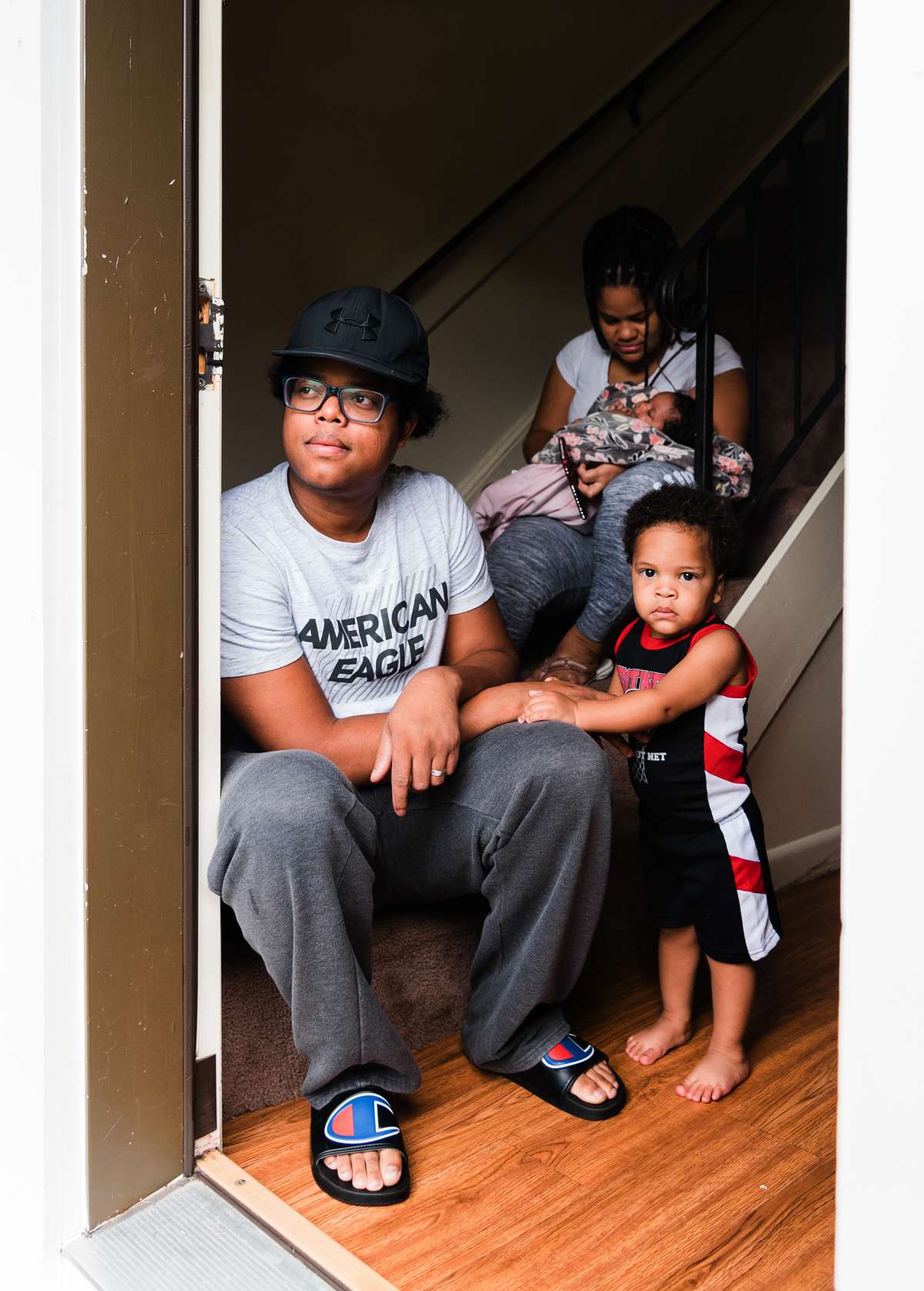LYNN — More than 1,000 Lynn families affected by the COVID-19 pandemic have benefited from a community care fund established by United Way of Massachusetts Bay and Merrimack Valley.
To date, more than $600,000 has been distributed to community-based organizations in the city through the Lynn Community Care Fund, which was established on April 1.
The way the fund works is simple.
After receiving the money from United Way, those organizations, including the New American Center, Catholic Charities, Family & Children’s Services of Greater Lynn, Lynn Housing Authority & Neighborhood Development (LHAND), LEO Inc., and the Massachusetts Coalition for the Homeless, distribute the funds to families in need.
The households getting the financial assistance received an average of $650. One hundred percent of the funds have been distributed to people who have experienced a loss of wages due to the pandemic, according to Sarah Bartley, senior director for community impact at United Way.
“We’ve done this with a number of cities that have been COVID hotspots,” said Bartley. “We found that there isn’t a neighborhood in the city that wasn’t touched by income loss. That starts to get at how widespread the challenges have been for people.”
Most of the requests have been for assistance with paying rent and utility bills and buying food. While food and supplies, such as diapers and formula, made up 70 percent of the requests when the fund was established, there’s been more of a shift toward a greater need for housing assistance in the past few months, Bartley said.
That was the case for Leandro Diaz, a Lynn resident who found himself unable to pay rent after he had to stop working his second job because of coronavirus fears.
Throughout the pandemic, Diaz, 28, has been able to continue working his regular job as an office coordinator at KIPP Academy Lynn, but had to stop working as an Uber Eats driver because he did not want to risk bringing the virus home to his family.
“I could not make rent because I wasn’t doing Uber,” said Diaz, explaining that he is the main breadwinner for his wife and four children.
Diaz did not think he would qualify for financial assistance because he was still employed, but decided to apply for support through Residential Assistance for Families in Transition (RAFT), a homelessness prevention program administered by LHAND.
However, Diaz said he got transferred to the community care fund program because he did not owe too much money. Still, he qualified for $1,000 in rental assistance, the maximum amount he could have received.
“It was great,” he said. “I appreciate the program a lot because they actually helped me when things were tough.”
United Way has also established city-based funds in other communities that have been hit hard by the coronavirus, including Chelsea, Everett, Revere, Lawrence and Brockton.
In Chelsea, more than $1.2 million has been distributed through their city-based fund, which has provided financial assistance for basic needs to more than 3,200 households so far, according to Brigid Boyd, a spokesperson for United Way.
The greater success other hot spots like Chelsea have had with their city-based funds has been frustrating for Carolyn Cole, former director of the Downtown Lynn Cultural District.
“It’s been really hard raising money,” said Cole. “These other communities are raising $1.5 million and our own (community) doesn’t really know the fund exists and we’re the epicenter. This is where the need is — a very significant, widespread need. I wish the awareness was there and the support from those who could support it.”
The need is still very much there, said Michelle D’Amico, program portfolio manager for LHAND, which has distributed $35,000 worth of community care funds to 652 households for rent, utility and food assistance.
“I think the issue is this fund can be used up to $1,000,” said D’Amico. “Because people need more money than that, they will go through the RAFT program if they can.
“I think some of the families we’re working with are probably going to get a wakeup call when the moratorium is over. For now they feel safe and it’s a false sense of safety.”
Still, despite its limitations, Cole said the Lynn Community Care Fund has been a “saving grace,” for many families.
“It really is the be-all organization if you’re looking to assist in any way our residents,” said Cole. “It covers absolutely every need.”
Gayla Cawley can be reached at [email protected]. Follow her on Twitter @GaylaCawley.

